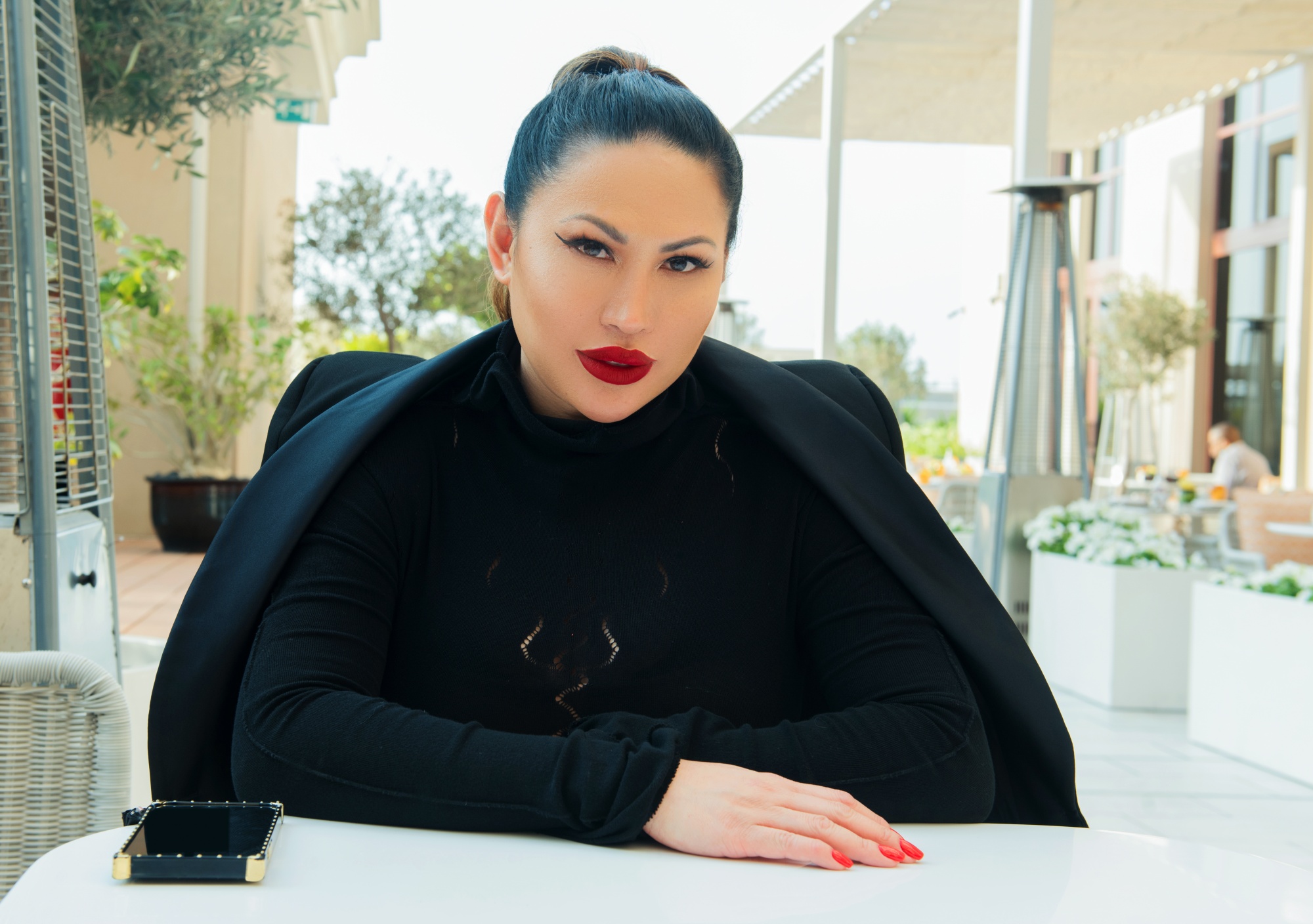From a young age, many women are conditioned to be quiet, agreeable, and put others’ needs before their own. We’re taught that being “too loud” or opinionated makes us undesirable or off-putting. As a result, many of us struggle to speak up, confidently share our thoughts and feelings, and fully embrace our authentic selves.
If this resonates with you, know that you’re not alone — but also that it doesn’t have to be this way. Every woman has a powerful voice inside her, just waiting to be uncaged and unleashed upon the world. Here’s how to start finding and using yours:
Get Comfortable with Discomfort: Speaking your mind when you’ve been raised to “be sweet” and avoid confrontation can feel immensely uncomfortable at first. Expect to feel awkward, anxious, or even guilty. Don’t let these feelings stop you — the unease is temporary and fades with practice. Reframe it: feeling uncomfortable simply means you’re doing something that challenges the societal conditioning ingrained in you.
Know Your Worth: You have a unique perspective shaped by your experiences, identities, and values. Your voice matters just as much as anyone else’s. Don’t discount yourself before you’ve even spoken up. Confidently owning your authority and expertise builds more confidence.
Start Small: If being assertive is new for you, work your way up. First, voice your preferences around small things like where to eat or what movie to watch. Next, share insights during meetings. Eventually, speaking up in bigger ways will feel more natural.
Expect Resistance: Some people, perhaps subconsciously, will dislike your newfound assertiveness simply because it deviates from what’s expected of women. Their discomfort is not your problem. Keep showing up as your authentic self until they get used to the “new you.”
Build a Support System: Surround yourself with women who embody the qualities you admire and make you feel empowered. Call on these friends when you need a pep talk or reminder of your strength. Having a cheering section makes a huge difference.
Embrace Constructive Criticism: Part of using your voice means you’ll occasionally misspeak or get things wrong. Welcome feedback with an open mind, make any necessary adjustments, and keep on voicing your thoughts. Even the most well-spoken among us is still learning.
Ultimately, uncovering your voice is an act of liberation — one that allows you to live life on your own terms as your fullest, most authentic self. It’s an ongoing journey of self-discovery, but one well worth taking. The world needs to hear what you have to say.











